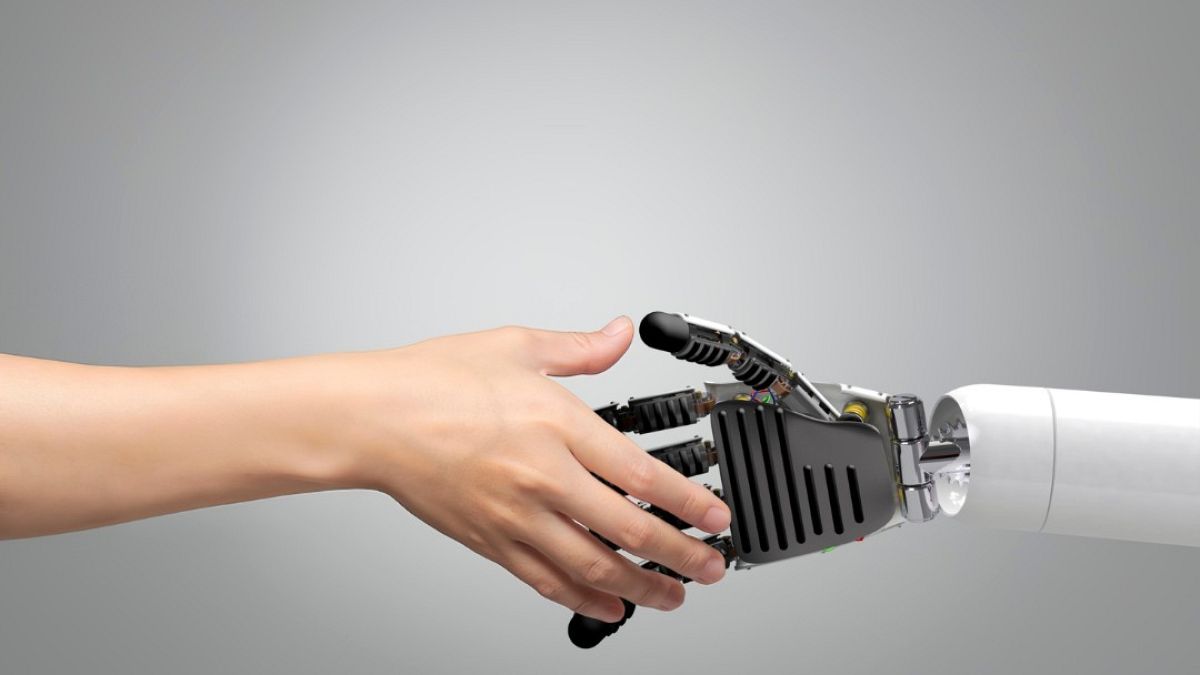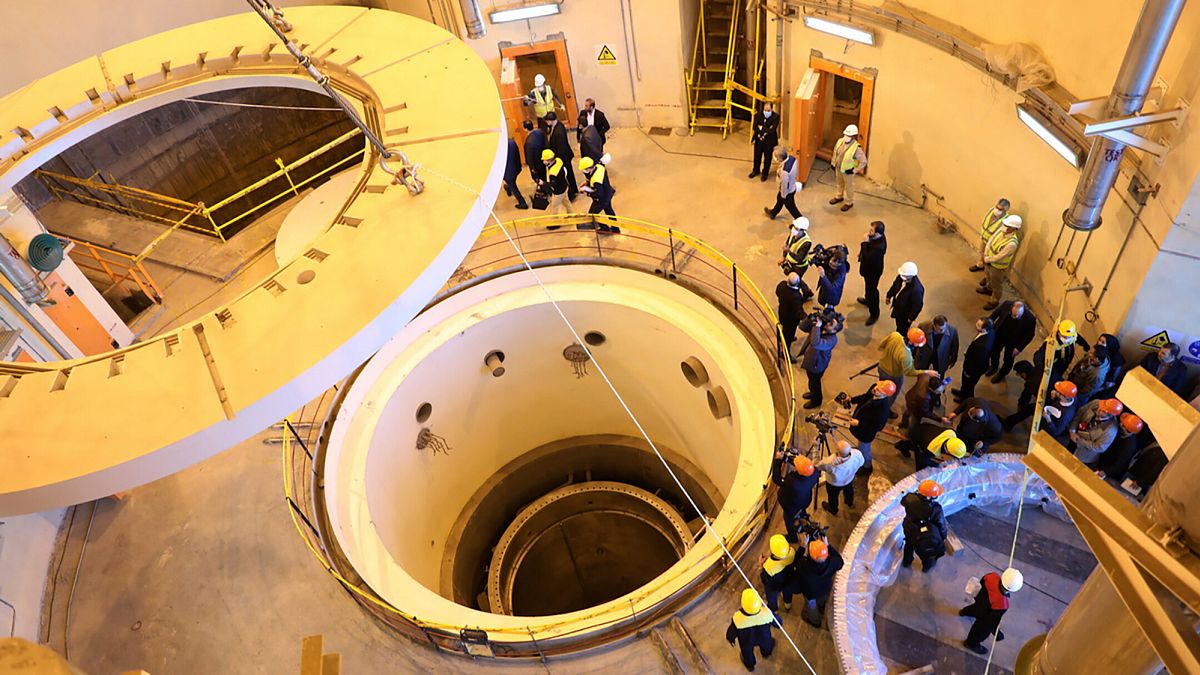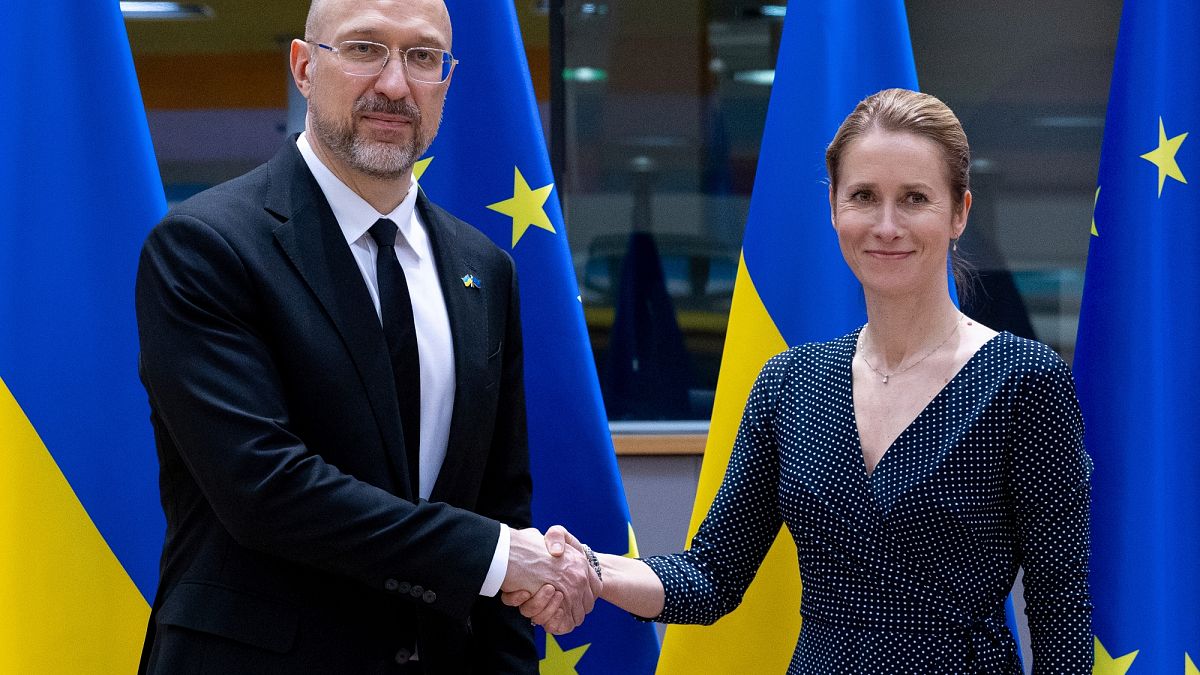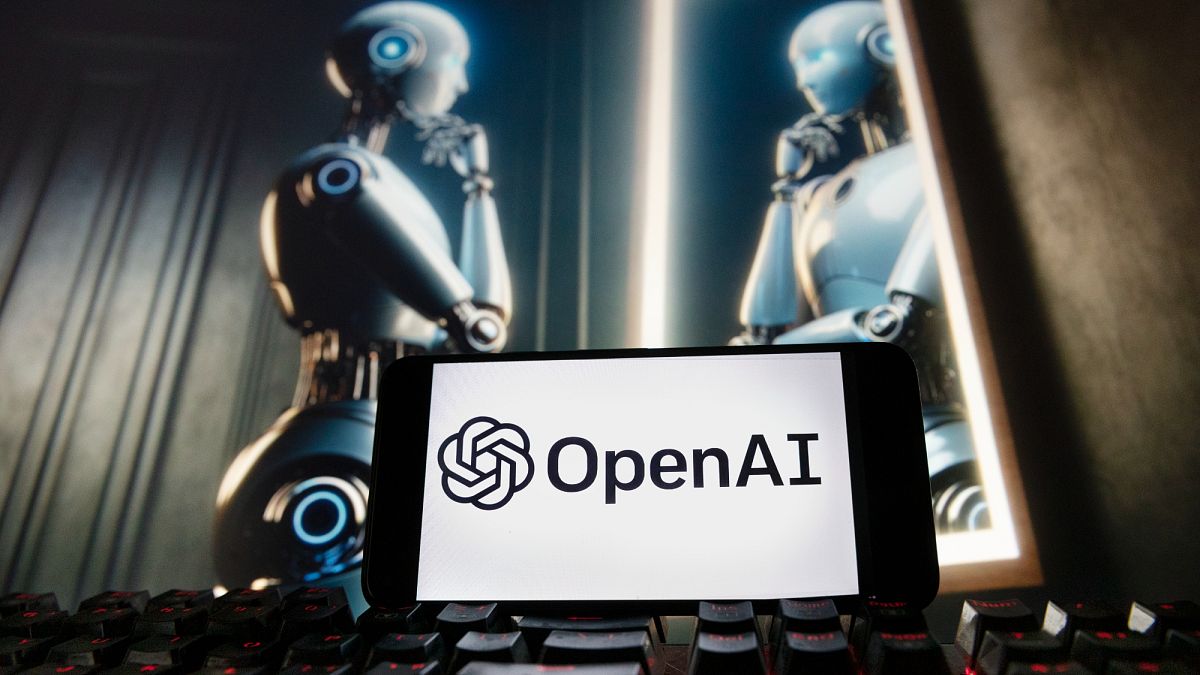The road to becoming the world’s richest person was bumpy. Here is how Elon Musk made it.
After bankrolling Donald Trump’s campaign and becoming one of the US president-elect’s main surrogates, Elon Musk is increasingly engaging in European politics from supporting the far-right in Germany to attacking the British prime minister.
Musk is the richest person in the world with a fortune of $421.2 billion (€403.3 billion), according to Forbes,** but it wasn’t plain sailing for the South-African entrepreneur. There were multiple bumps along the road.
Despite being at the helm of companies like Tesla and SpaceX, he was ousted multiple times from his own enterprises, had numerous rocket crashes and it was a slow start before his electric vehicles (EVs) really took off.
Here’s a look back at the various failures and successes underpinning his career.
The early years and enterprises
Elon Musk was born on June 28, 1971, in Pretoria, South Africa.
His first business venture was at the age of 12 when he sold the code for the PC space-fighting game Blastar for $500 (€460) to the magazine PC and Office Technology. "[It was] a trivial game... but better than Flappy Bird," Musk said.
After graduating high school in South Africa, he moved to Canada, where he studied at Queen’s University in Kingston in Ontario for two years.
But he finished his studies in the United States at the University of Pennsylvania and earned a degree in physics and economics.
To pay for rent while he was a student in Pennsylvania, Musk and a classmate rented a 10-bedroom frat house and transformed it into a nightclub.
Musk then studied for his PhD at Stanford University but dropped out of the programme just two days after it began and decided to work in the dot-com bubble.
The start of his fortune
Musk then founded Zip2 with his brother Kimbal in 1995. It was Musk’s first enterprise and it provided online city guide software to newspapers. With no money, Musk actually lived in the office.
As the business took off, the company Compaq bought Zip2 in a deal worth over $300 million (€278 million).
In 1999, Musk then launched X.com, an online banking company. A year later, X.com merged with the Peter Thiel-founded financial start-up Confinity, and PayPal was formed.
Musk was then named PayPal’s CEO, but that didn’t last long. After many disagreements over branding and micro-managing, Musk was fired from PayPal in 2000 while he was on holiday in Australia. Musk told Fortune years later: “That’s the problem with vacations”.
But he still had a stake in PayPal, and when eBay bought the company in 2002, Musk took home $165 million (€150 million).
Out of this world and electric ideas
With $100 million of the PayPal money, he founded the company Space Exploration Technologies, better known as SpaceX, in 2002. His goal was to make spaceflight 10 times cheaper.
Proving the critics wrong, SpaceX began developing the Dragon space capsule in late 2004. It was called Dragon in a jab at those who said he couldn’t do it, in a reference to the song "Puff the Magic Dragon".
In 2010, the spacecraft made its maiden voyage and became the first commercially built and operated spacecraft to be recovered successfully from orbit.
But Musk was also making moves on Earth. In 2004, Musk began investing in the electric car company Tesla. He took an active role in the company and helped develop the first all-electric car, the Roadster. In 2006, Musk was appointed as Tesla’s chairman.
During this time, Musk came up with the idea for the energy company SolarCity, which he put his cousins in charge of in 2006. Tesla would later buy the company in a deal worth $2.6 billion (€2.3 billion).
In 2007, Musk staged a coup at Tesla’s boardroom and ousted Martin Eberhard as CEO and then from the board.
A year later during the financial crisis, Tesla got a $40 million (€36 million) lifeline to save it from bankruptcy, raised by investors and also from Musk's personal fortune.
Musk was then named Tesla’s CEO.
Neither SpaceX, Tesla, nor SolarCity were doing well and were losing money. Musk was living off personal loans to survive.
But by December 2008, SpaceX won a $1.5 billion (€1.3 billion) contract with NASA to deliver supplies into space.
Meanwhile, Tesla secured more outside investors and in 2010, Tesla held an initial public offering and raised $226 million (€209 million).
During this time, SpaceX set many records and supplied the International Space Station multiple times. The company also built the Falcon 9, SpaceX’s most powerful rocket.
In 2020, SpaceX partnered with NASA to launch astronauts into space and the company had its first operational human spaceflight, sending four astronauts to the ISS. The same year, Tesla joined the S&P 500.
SpaceX has since launched nine crewed missions as part of the NASA programme.
Musk’s other business ventures
Musk also pursued other ideas. In 2013 he published a white paper on a Hyperloop high-speed train that could in theory transport passengers from Los Angeles to San Francisco in 30 minutes.
In 2015, Musk co-founded OpenAI, a non-profit research company aiming to ensure artificial intelligence benefits humanity. He later stepped down from the board to avoid conflicts with Tesla, which is building its own AI for self-driving cars.
That company would go on to create ChatGPT, leading to a new age of AI tools.
In 2016, Musk started The Boring Company, which aims to build a network of tunnels both underground and around cities for high-speed travel.
In 2017, Musk founded Neuralink, which develops devices to be implanted inside human brains. In early 2024, the company’s first patient received a brain implant, saying patient Noland Arbaugh could play online chess using his mind to control a cursor.
Musk acquired Twitter in 2022 for $44 billion (€41 billion), eventually rebranding the social media platform as X, overhauling its content moderation, and using the platform to spread his political views.
Research has found that Musk may have tweaked X’s algorithm to boost his posts on the platform.
Personal life
In 2008, Musk divorced his then-wife Justine. Their first son died of sudden infant death syndrome (SIDS) at 10 weeks old. The couple later had twin and triplet boys.
In 2020, Musk and the singer Grimes had a son, called X Æ A-12, or X for short. In 2021, he had a daughter with Grimes via surrogate called Exa Dark Sideræl Musk, who goes by Y.
Musk is all for procreation and said in 2021 that rapidly declining birth rates are “one of the biggest risks to civilisation... I can’t emphasise this enough, there are not enough people”.
Musk now reportedly has at least 12 kids, including with an executive at his company Neuralink, and said late last year "I do have a lot of kids and I encourage others to have a lot of kids”.
Getting into trouble
Musk has made controversial comments. In 2018, he offered to build a submarine to rescue 12 boys and their football coach who were stuck in a cave in Thailand. A British diver said Musk’s actions were a PR stunt. In response, Musk called the diver a "Pedo guy" on Twitter (now X).
He also made a series of contested claims on social media about coronavirus. He first called COVID-19 “dumb” and said that children are "essentially immune" to the virus.
Musk also got into trouble with authorities in 2018 after he said on Twitter he was considering taking Tesla private at $420 (€386) per share, adding: "Funding secured".
The Securities and Exchange Commission filed a lawsuit against Musk, accusing him of making "false and misleading statements". Musk settled with the SEC and he and Tesla each paid a $20 million (€18 million) fine. Tesla was also ordered to appoint a committee to oversee Musk’s communications.
The billionaire is also no stranger to feuds and his companies have been embroiled in multiple lawsuits.
Last year, he faced a temporary suspension of his social media platform X in Brazil amid a months long spat with a Brazilian judge over misinformation. Musk called the judge, Alexandre de Moraes, an "evil dictator".
Most recently, he threw his support behind US President-elect Donald Trump after an assassination attempt on the campaign trail in Pennsylvania and has been vocal about his political views.
His posts during the US election amassed billions of views, despite some of them promoting false or misleading claims, according to the Center for Countering Digital Hate (CCDH), which has reported extensively about hate speech on X since Musk’s takeover.
Musk called the organisation "truly evil" in 2023 and sued them following their report about his changes on the social media platform.
He has caused controversy in Europe with his support of Germany's far-right Alternative for Germany (AfD) party and for his attacks against UK Prime Minister Keir Starmer.

 3 months ago
38
3 months ago
38






 We deliver critical software at unparalleled value and speed to help your business thrive
We deliver critical software at unparalleled value and speed to help your business thrive






 English (US) ·
English (US) ·